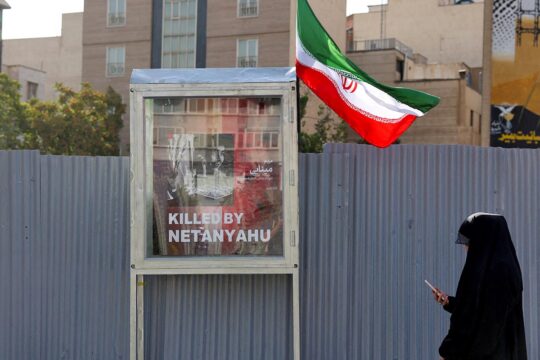Dozens of Japanese lawmakers on Tuesday made a pilgrimage to the controversial Yasukuni Shrine, which neighbours China and South Korea see as a symbol of Tokyo's militaristic past.
Prime Minister Shinzo Abe refrained from sending an offering, as he has done in the past, a shrine official told AFP.
There were no ministers among the group, according an official in the upper house of parliament.
In total, 61 MPs -- mainly from Abe's conservative Liberal Democratic Party -- attended the war shrine and 76 sent a representative, he said.
The shrine honours millions of Japanese war dead, but also senior military and political figures convicted of war crimes after World War II.
Beijing and Seoul view it as a symbol of Tokyo's past aggression.
The site has for decades been a flashpoint for criticism by countries that suffered from Japan's colonialism and aggression in the first half of the 20th century.
In October, Abe sent a ritual offering to the shrine but did not visit, a move seen as an effort to minimise protests from neighbours over the issue.
The group postponed their annual autumn visit to Tuesday as they were busy with campaigns for a general election in October.
"I made a prayer hoping that no one else will be enshrined" given the tensions in North Korea, said Hidehisa Otsuji, former upper house member and president of the group.
The visits come amid rising tensions over North Korea's nuclear and missile programmes as Pyongyang last week test-fired another ballistic missile that splashed down in the Sea of Japan.
Abe visited in December 2013 to mark his first year in power, a move that sparked fury in Beijing and Seoul and earned a diplomatic rebuke from close ally the United States, which said it was "disappointed" by the action.
But he has since refrained from going and sent ritual offerings instead.
Abe and other nationalists say Yasukuni is merely a place to remember fallen soldiers, and compare it with Arlington National Cemetery in the United States.
Tokyo is also seeking warmer ties with Beijing and Seoul, key countries in dealing with the unpredictable North Korean regime.


